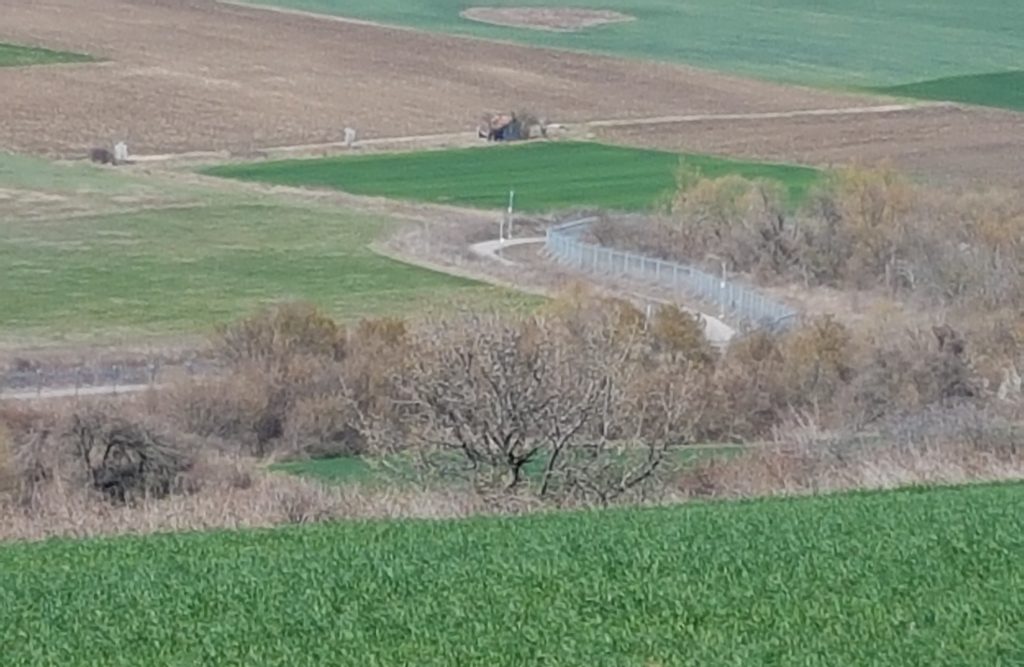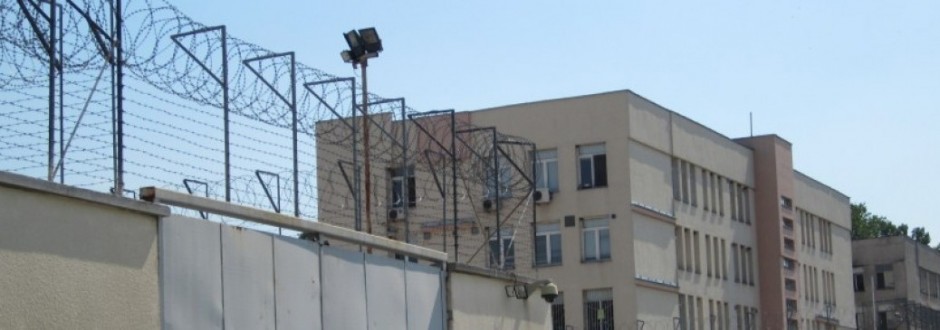On the 27th of February 2020 the Turkish government announced migrants will no longer be stopped on the Turkish side of the borders to Greece and Bulgaria. Following this statement thousands of migrants are moving on to Edirne, which is located in the three country border region. For this they used buses (non-stop), organized by the Turkish government, some took taxis. While during the night many people tried to cross the Turkish-Greek border, 60 migrants have been pushed back at the Bulgarian-Turkish border on the following morning.
The practice of pushing people back to Turkey has not changed so far. During the last days the Greek border is much worse when it comes to the number of people who have been pushed back in only in a short while, but for Greece and Bulgaria this push back practice is not new. While in the past asylum seekers and Bulgarian government officials have both admitted that the Bulgarian border fence could be easily crossed, the Bulgarian authorities have a bad reputation, regarding their behavior towards migrants. The Bulgarian Defence Minister Krassimir Karakachanov just stated that the bulgarian army is ready at any time.

Media reported that FRONTEX installed 60 additional staff members to the already existing 50 ones at the Bulgarian-Turkish border. This raises the question of whether FRONTEX will only watch the Bulgarian authorities while they go on with their push-back practice in the upcoming days. Until now, the number of crossing incidents around the Turkish-Bulgarian border near Kapıkule/Kapitan Andreevo seem much lower in comparison to the Greek-Turkish border around Pazarkule/Kastanies – both border crossings are only about 10 km away from each other.
Meanwhile in the whole border region thousands of people, including families, are waiting in the border region under critical weather conditions. Bordermonitoring Bulgaria calls the Bulgarian authorities and FRONTEX to stop the push back practice, which is against international law and the Non-refoulement principle.
